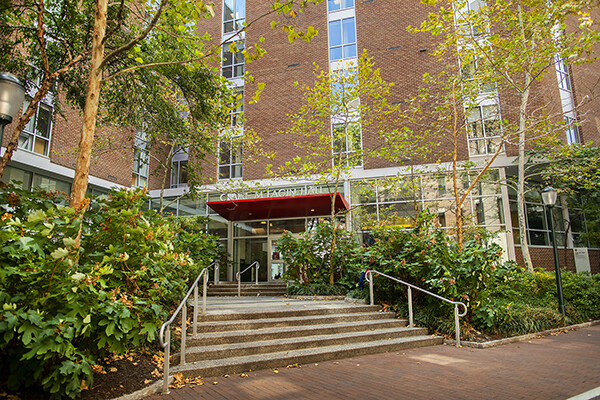
Articles from Eric Sucar

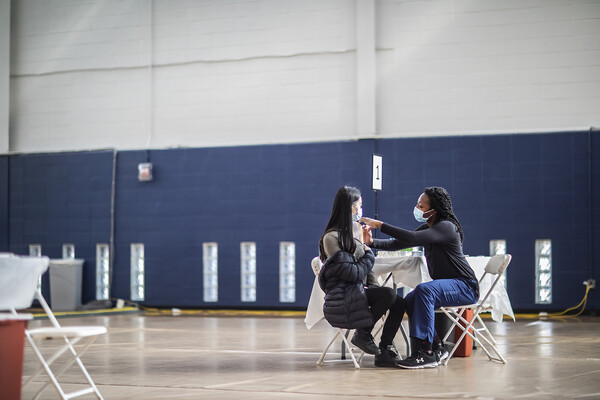
This week at the Pottruck gym, Penn is running a vaccine booster clinic for students, faculty, staff, and postdocs.
Four things to know about COVID-19 vaccine boosters
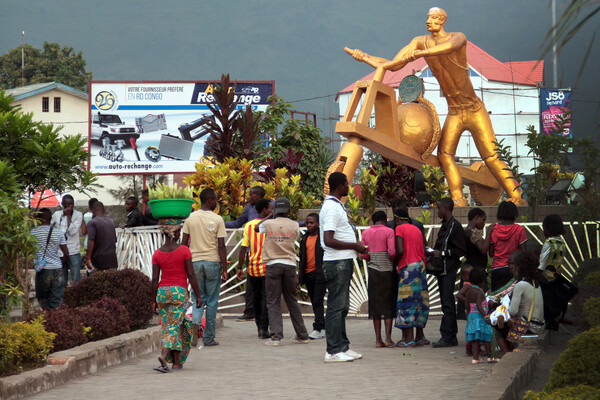
Five years in, Lauder’s Africa Program advances global leaders
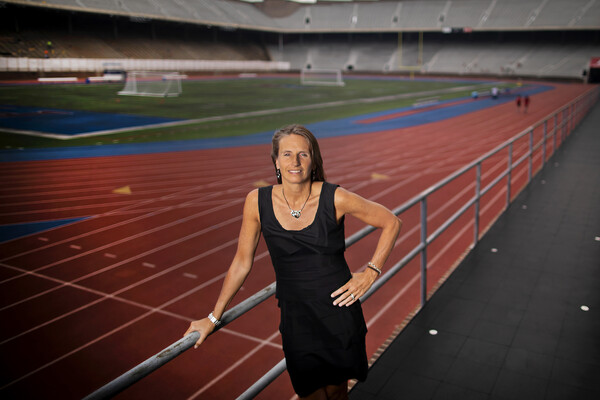
AD Shanahan on her return to Penn and the changing world of college sports
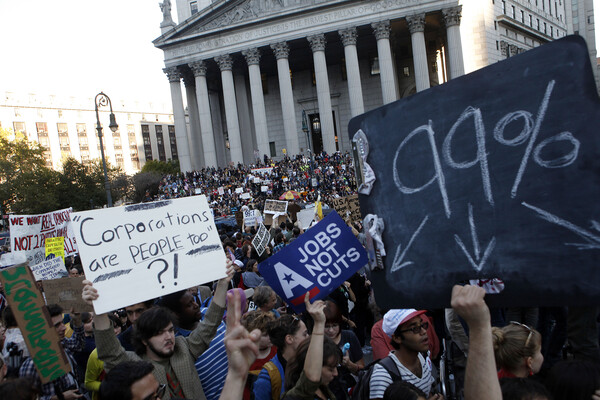
(Homepage image) Occupy Wall Street protesters join a labor union rally in Foley Square before marching on Zuccotti Park in New York’s Financial District on Oct. 5, 2011. (Image: AP Images/Jason DeCrow)
Ten years later, examining the Occupy movement’s legacy
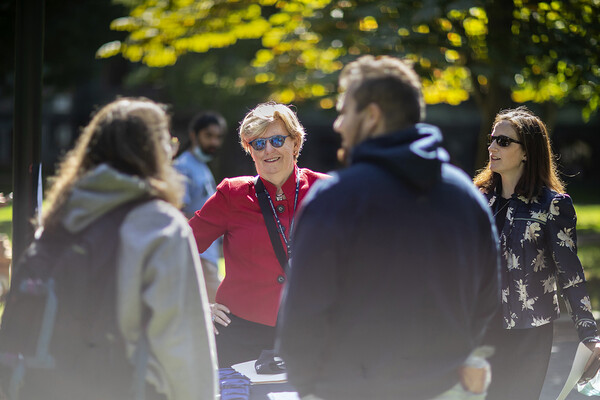
After nearly three decades at Penn, Maureen Rush set to retire
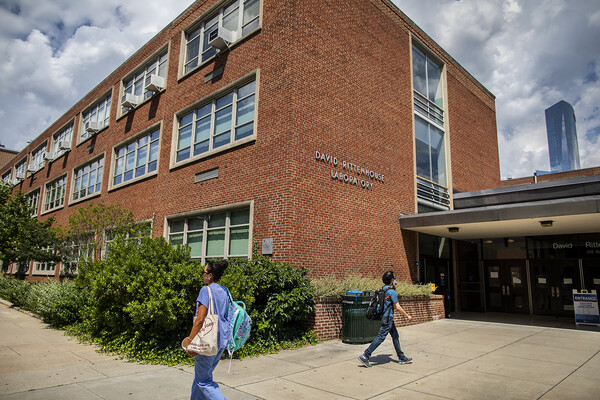
As part of a $750M investment in science, engineering, and medicine, Penn has committed to constructing a new Physical Sciences Building and updating the David Rittenhouse Laboratory.
A ‘vibrant nexus’ for research and discovery in the physical sciences
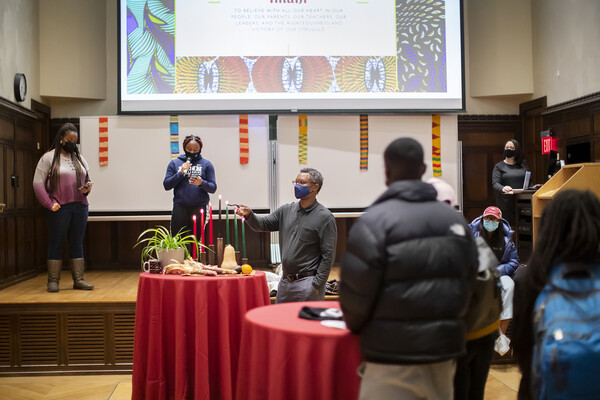
Brian Peterson lights candles at the 30th annual Kwanzaa at Penn.
Penn’s Kwanzaa celebrates ‘regrounding our purpose’
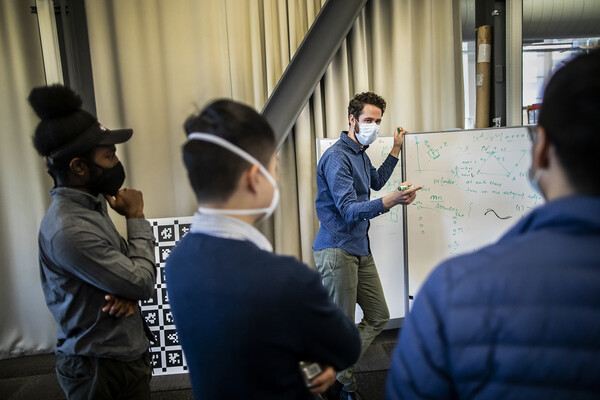
As part of a major University-wide investment in science, engineering, and medicine, the Innovation in Data Engineering and Science Initiative aims to help Penn become a leader in developing data-driven approaches that can transform scientific discovery, engineering research, and technological innovation.
Investing in Penn’s data science ecosystem
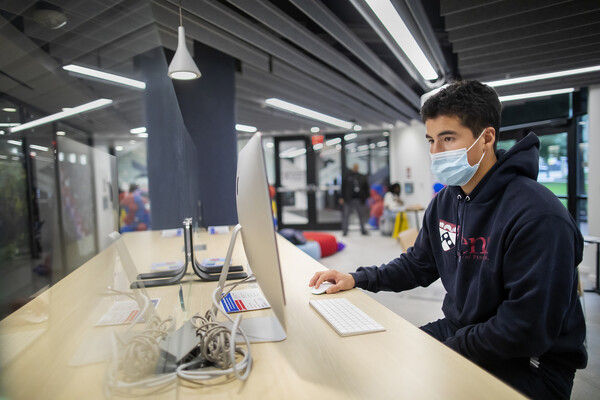
The new Pennant system will be user-intuitive and mobile-friendly, says Matt Sessa. Nevertheless, it will be “a big change” for the Penn community, he says.
